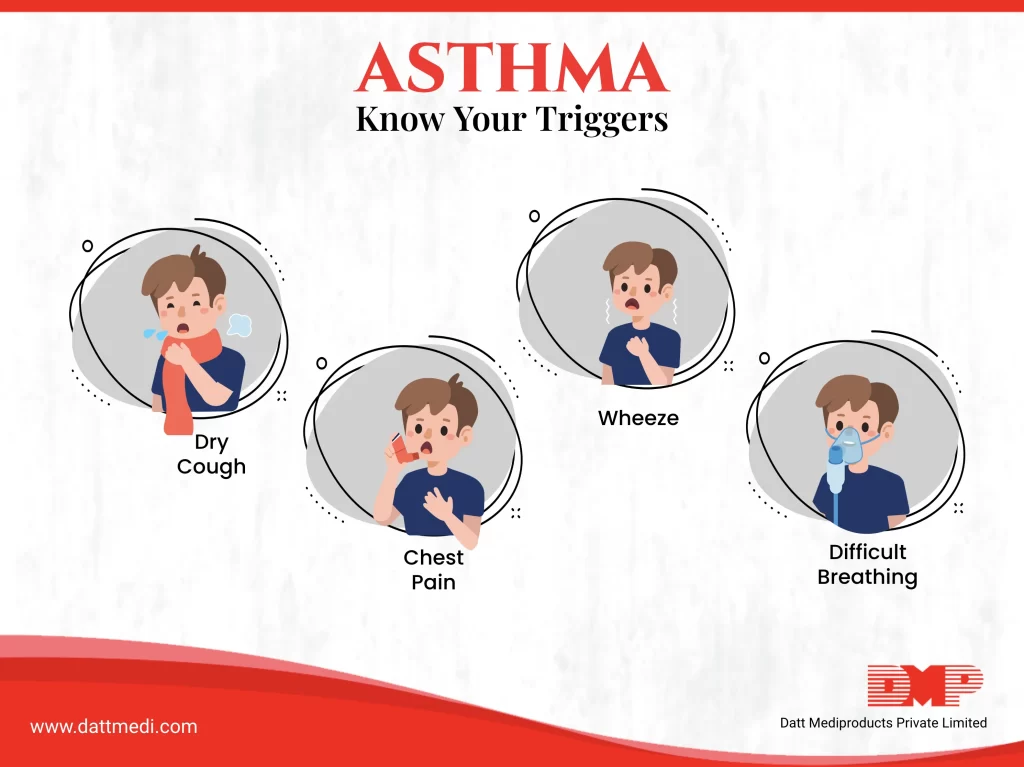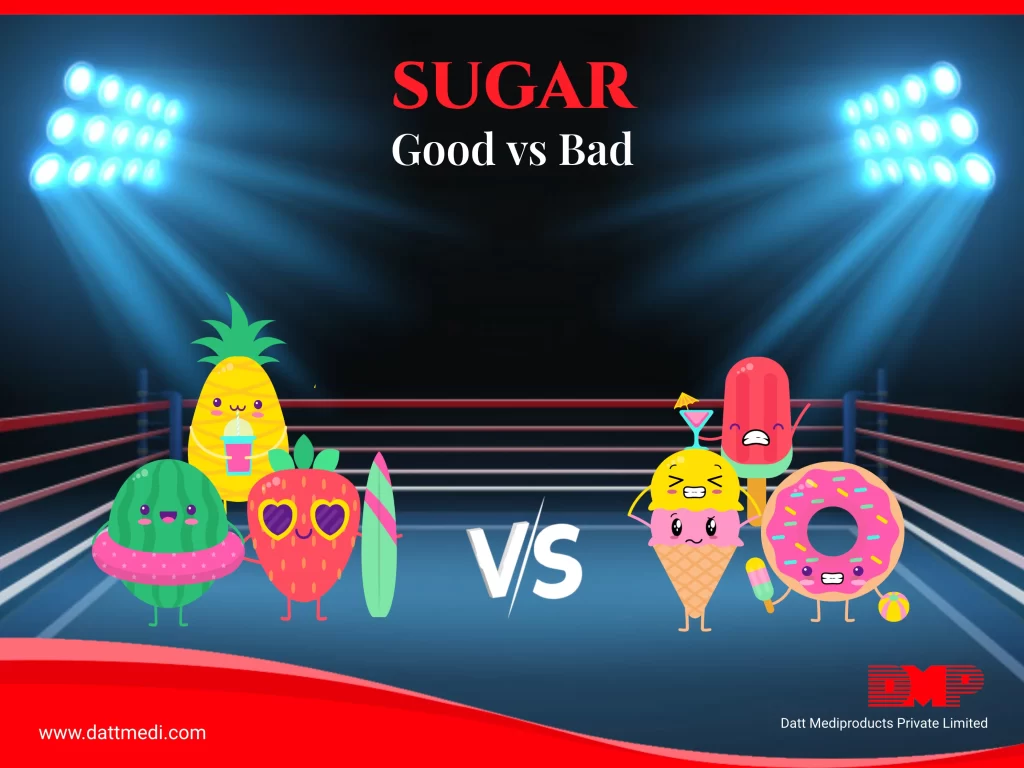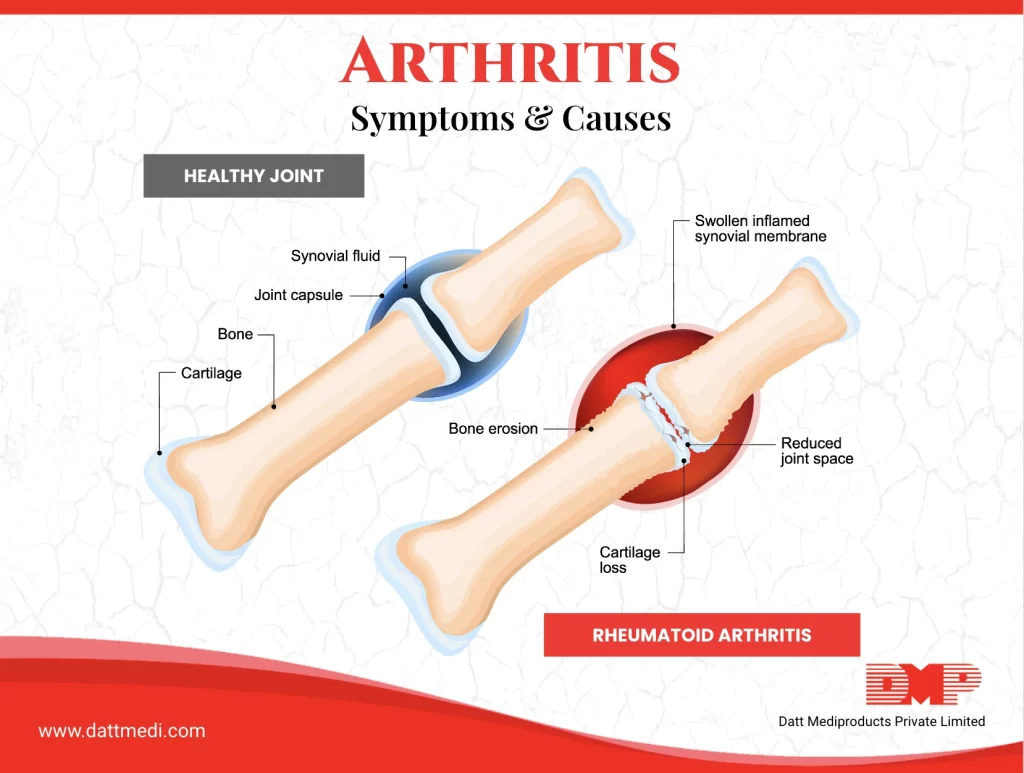
Asthma is a chronic respiratory condition in which the airways become inflamed, thereby, making it hard for a patient to breathe. The Global Asthma Report 2018 says that “among India’s 1.31 billion people, about 6% of children and 2% of adults have asthma”.
Now we are going to discuss the disease classification in order to help you better understand the condition’s severity.
Asthma Classification with Symptoms & Risk Factors
Asthma can be classified into four different types ranging from mild to severe depending upon the frequency and severity of the symptoms. These four types are explained below along with symptoms and risk factors:
1. Mild Intermittent Asthma:
The first type of asthma is characterized by mild symptoms present for up to two days per week and two nights per month.
– These symptoms may range include whistling while breathing, coughing, inflamed airways, and mucus in the airways.
– Such type of asthma may be induced by exercise, exposure to pollution or occupational chemicals, a person being overweight, having a family history of asthma, smoking, or allergies.
2. Mild Persistent Asthma:
The symptoms of mild persistent asthma occur for more than twice a week, but there are with no symptoms more than once per day.
– Symptoms are generally the same as that of mild intermittent type in addition to chest tightness or pain.
– The risk factors inducing mild persistent asthma overlap with that of the first type.
3. Moderate Persistent Asthma:
Symptoms of moderate persistent asthma occur once a day and more than one night per week.
– The symptoms and risk factors that increase chances of developing the disease are the same as that of mild persistent asthma.
4. Severe Persistent Asthma:
In patients with severe persistent asthma, symptoms occur several times a day on most days and frequently at night. Such patients don’t respond to medicines even if taken on a regular basis.
– Symptoms include coughing, wheezing, or whistling sound when breathing, swollen airways with mucus development along with pain & tightness in the chest. Risk factors are the same as that of previous types.
– People of all age groups may be affected by severe persistent asthma. This is because any of the above-discussed types can progress to become severe type asthma, if not diagnosed or treated at an earlier stage.
– It is the least common type of asthma as compared to the rest.
– Other trigger factors may include hormonal changes and respiratory illnesses like pneumonia
Asthma may also be classified on the basis of different triggers as Adult-onset Asthma, Childhood Asthma, Allergic/Seasonal Asthma, Non-allergic Asthma, Asthma-COPD Overlap, Exercise-induced bronchoconstriction (EIB), and Occupational Asthma.
Asthma Symptoms can be managed by taking medications (as prescribed by the physician), as proper treatment enables a patient to resume their normal daily activities and prevents asthma attacks too. The treatment methodology usually depends upon a patient’s age and severity of the disease, which may further be adjusted as per the response of each patient to a specific treatment option until the symptoms and the disease are controlled.
We @ Datt Mediproducts recommend everybody suffering from asthma to track your symptoms regularly and discuss it with your doctor. This helps the doctors and the physicians to better understand and monitor your response towards the followed treatment.
You can also make some healthy lifestyle choices to maintain your health and reduce the likelihood of asthma attacks. Visit us at www.dattmedi.com to know more about some tips and tricks to maintain a healthy life.







